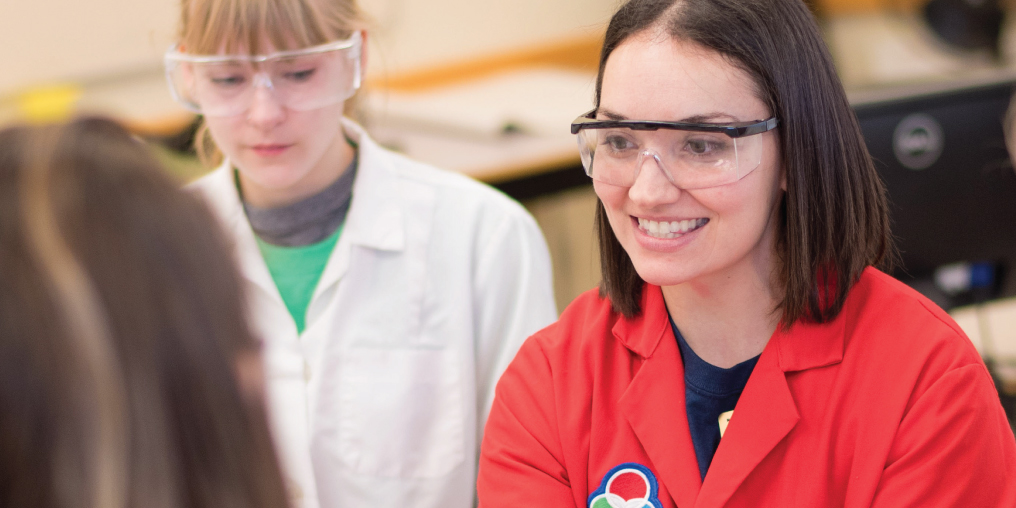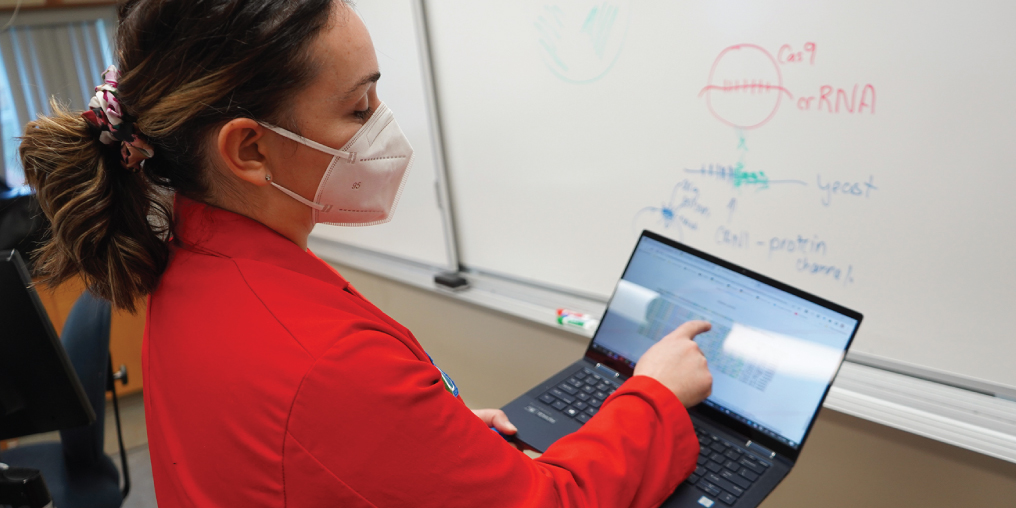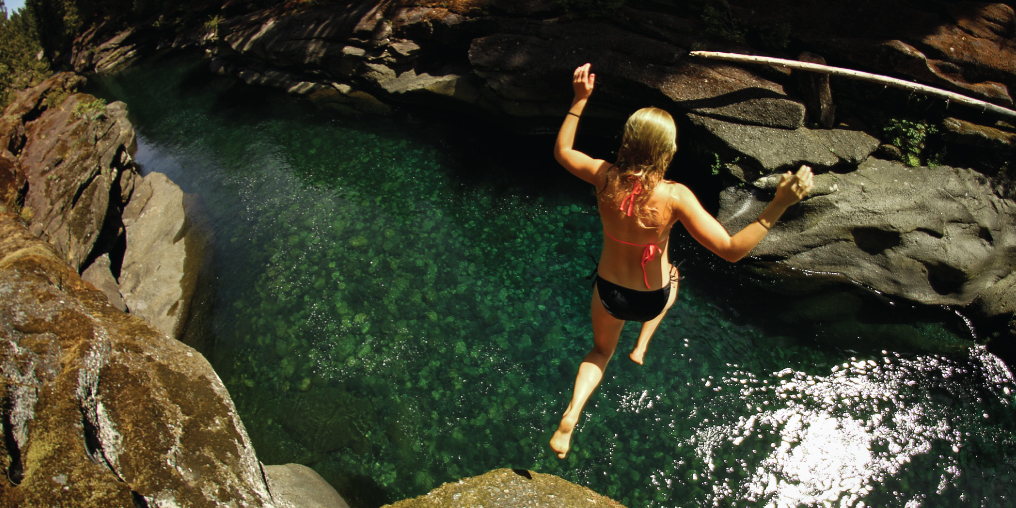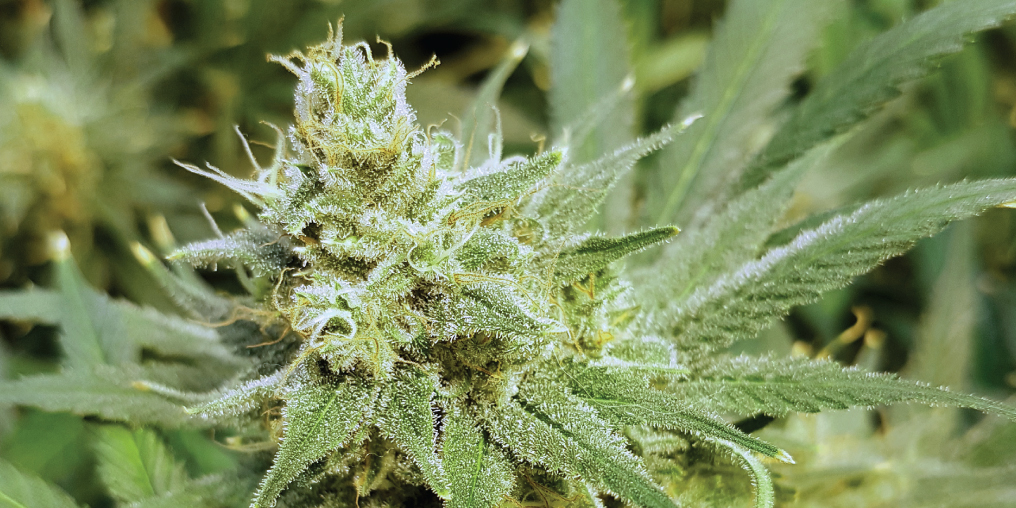Finding a family doctor or health care professional is difficult enough in urban centres, but it’s even harder for rural and remote communities to find professionals who understand health care from an Island or Indigenous perspective.
In response, North Island College (NIC) has put together the Island Pre-Health Science program, a new university-level pathway that helps local students pursue medical and health science careers.
A 2020 estimate in the BC Medical Journal suggests approximately 17,000 people in the Comox Valley did not have a family care provider, although the community has been able to recruit some doctors since that time. With expected retirements in different health care professions, though, the demand is only expected to grow.
“Primary care is at a critical juncture in BC, especially in our rural communities,” says Dr. Glenn Kisman, a Comox Valley family physician. “By engaging new learners early in their training, we have an opportunity to support and build capacity for the next generation. An Island pre-health science program will allow us to share our experiences of a health care career in our own community.”
When the concept came up a few years ago, Dr. Aisling Brady, an NIC biology instructor, started working on a feasibility study, labour market analysis, and other considerations. In early 2022, NIC began gathering comments and suggestions from local health care providers.
“We reached out to several different groups of people,” Brady said. “There was a lot of great, really rich feedback.”
Brady consulted people with backgrounds in family practice, pharmacology, physiotherapy, epidemiology, and chiropractic practice, along with people from organizations such as Island Health, including those working in Indigenous programs. She also had discussions with Selkirk College in the West Kootenays, which was developing similar programming. The input informed program courses, timing, and other decisions.
NIC student Vincent Michaud is preparing to go into medicine and says the new program will help students who want to do their prerequisite work closer to home.
“It would allow me to stay in my local area longer and strengthen ties with local partners before starting my medical practice, which would improve my desire to come back here as a doctor,” Michaud said, adding that the program would form a community of students that “would allow me to interact with like-minded peers and form study groups for various extracurricular tests like the Medical College Admission Test.”

For residents in smaller communities, especially those with many Indigenous people, access to health care can be a huge challenge. The lagging effects of racism, colonization, and residential schools have meant the health care system has often not responded to the needs of Indigenous people.
The NIC program aims to reverse this situation and improve health outcomes. Studying within a rural and Island framework means students will be better equipped to understand the challenges and opportunities in North Island communities.
Brady collaborated with Indigenous community members, including Elders at North Island College, to include Indigenous ways of knowing and methodologies in the curriculum. For example, she worked with Elder June Johnson to incorporate Indigenous medicine into a pharmacology course.
Dr. Evelyn Voyageur, a long-time Elder in Residence, nurse, and nursing faculty member, has prepared nursing students to work with Indigenous people through field schools in small communities for more than a decade, and has seen the change that locally informed programs can make.
“When I became a nurse, I saw a lot of inequality in the health care system,” Voyageur said. “I saw the need for better health care for my people. Our care was not up to par.”
NIC’s Learning Our Way program for nurses has since led to the expansion of the program for other health professionals. Voyageur was consulted during the feasibility study for the new program. “She’s really connected in the health field,” Brady said.
The new Island Pre-Health Science program builds on the need for health care professionals to better understand their communities right from the outset of their education. It also prioritizes admission for Indigenous students and includes built-in support for Indigenous and BIPOC learners.
By having students learn about the communities around them, they form deeper roots, which will help identify challenges and opportunities in North Island communities.
“The curriculum is designed to provide a holistic understanding of health science and issues unique to rural, remote communities,” said Neil Cruickshank, Dean of NIC’s Faculty of Arts, Science & Management. “Combining foundational science courses with social scientific approaches, Indigenous ways of knowing and, a community-learning strategy, students will gain incredibly valuable, transferable skills and knowledge.”
Program registration opened in February. The first intake of students starts this September, and, in the coming years, will mean program graduates could be delivering much-needed health care in North Island communities.





